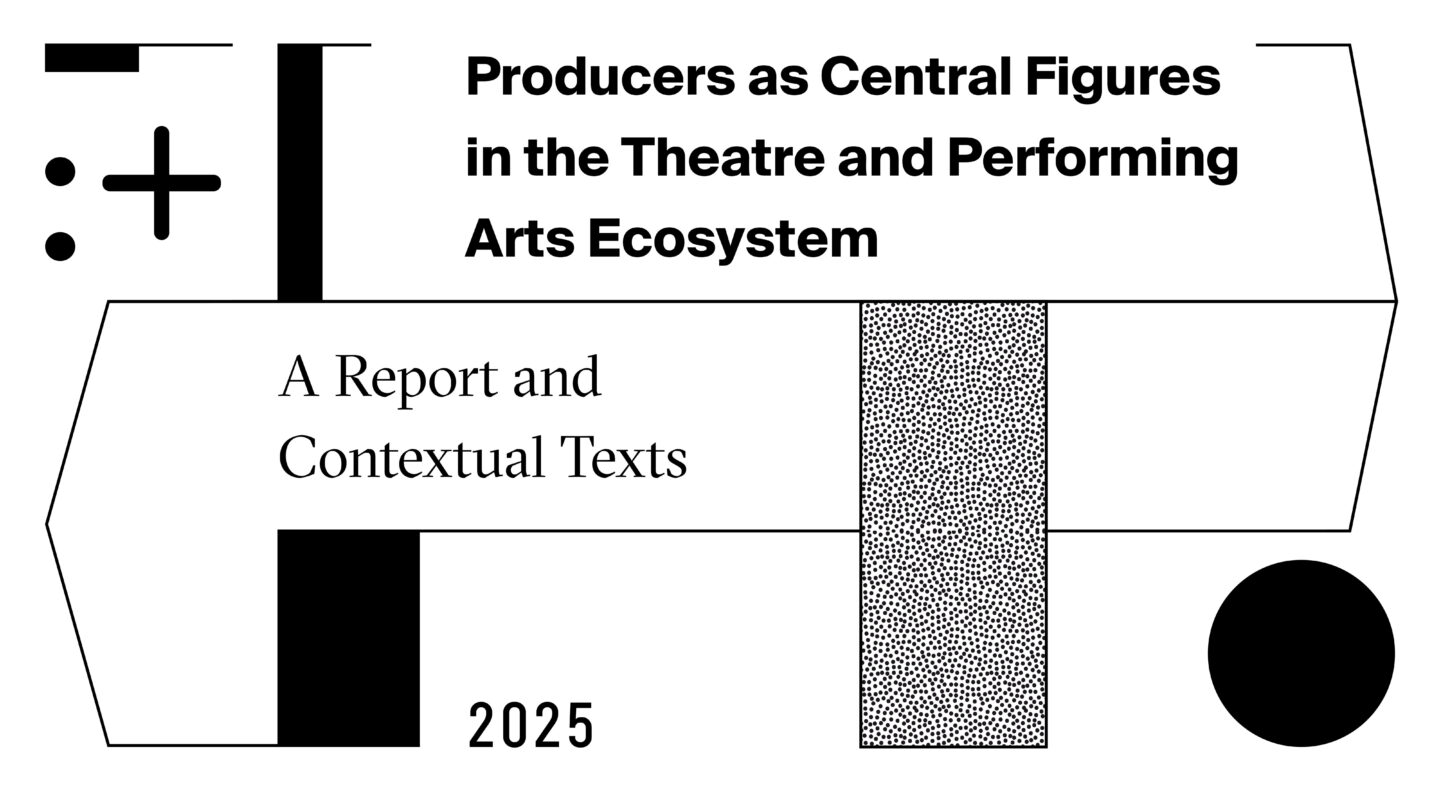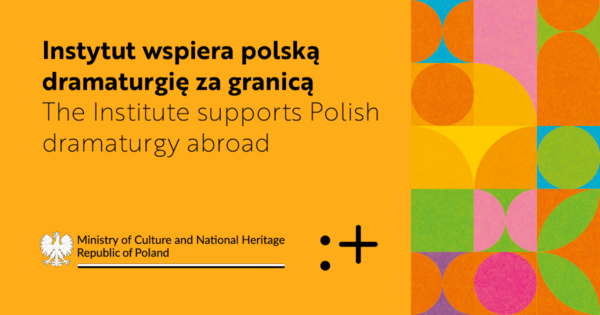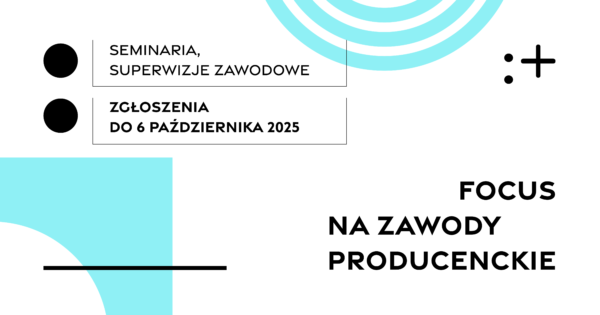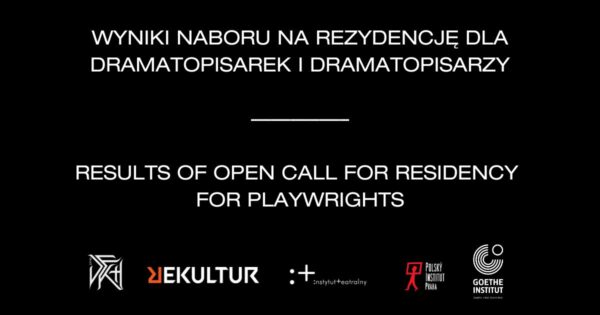The Theatre Institute invites you to read the ‘Producers as Central Figures in the Theatre and Performing Arts Ecosystem. A Report and Contextual Texts’ research report, which includes contextual texts by Vânia Rodrigues and György Szabó. The study’s authors are Magdalena Tędziagolska and Anna Biernat.
A producer working in the field of theatre and performing arts is a profession that is difficult to define unambiguously in Poland. It appears in the official classification of occupations and specialisations as ‘theatre producer’, but its description does not take into account the diversity of genres, contexts and roles of producers (e.g. working in institutional theatre vs. running an independent theatre). The report stems from the need for a scientific approach to the issue of identity and the needs of people working as producers in theatre and performing arts in Poland. Who are they? How do they define themselves? Do they recognise each other and see themselves as a professional group? Do they work internationally, and are they part of networks emerging in Poland and abroad? What is the position of these professions in the industry and on the market?
The study conducted by Magdalena Tędziagolska and Anna Biernat was exploratory in nature – it was meant as a ‘snapshot’ of the community. The sample selection was specific to the qualitative nature of the study, allowing us to focus on diagnosing the situation, mapping out challenges and tensions, and gathering valuable insights. The research sample included people working in production professions that varied in terms of: type of employment (full-time, contract) and type of employer (public institution, e.g. theatre, cultural centre, NGO); geographical area of activity; genre of activity (e.g. drama theatre, commercial and off-theatre, dance, theatre-related events such as e.g. performative readings, experimental and cross-genre activities, circus, mass stage events such as festivals, etc.); gender; length of service and generational affiliation.
The contextual texts accompanying the report introduce an international perspective. Vânia Rodrigues’ article “Whoever is Not Lost Does Not Yet Understand” shows how important it is to look at production practice, share specific examples of work in culture and draw conclusions that should form the basis for cultural policy-making at the local and international level. The author dispels artificially imposed assumptions and points to solutions that make it possible to make goals, such as those related to sustainability and ecology, more realistic and contemporary. Importantly, Vânia Rodrigues speaks from the perspective of a practitioner and theorist, a university researcher, and a country and production environment which, unlike our region, also has a sense of peripherality. The second contextual text, “Analysis of the Condition of Contemporary Performing Arts in Eastern Europe”, was written by György Szabó, a Hungarian producer with many years of experience and the founder of Trafó, an important institution on the European performing arts map. The article was commissioned by the Theatre Institute and presents a perspective spanning over fifty years on the formation of the independent performing arts market in the Central and Eastern European region.
The publication is available in two languages: Polish (click here to download) and English (click here to download).
Producers as Central Figures in the Theatre and Performing Arts Ecosystem. | A Report and Contextual Texts
Report authors: Magdalena Tędziagolska i Anna Biernat
Contextual texts authors: Vânia Rodrigues and György Szabó
Editors: Karolina Dziełak-Żakowska, Krystyna Mogilnicka
Translation from Polish and proofreading: Magdalena Szwedowska
Technical revision: Krystyna Mogilnicka, Magdalena Szwedowska
Design and layout: Urszula Tofil/Syfon Studio
Publisher: Instytut Teatralny im. Zbigniewa Raszewskiego
ISBN 978-83-67682-70-1






